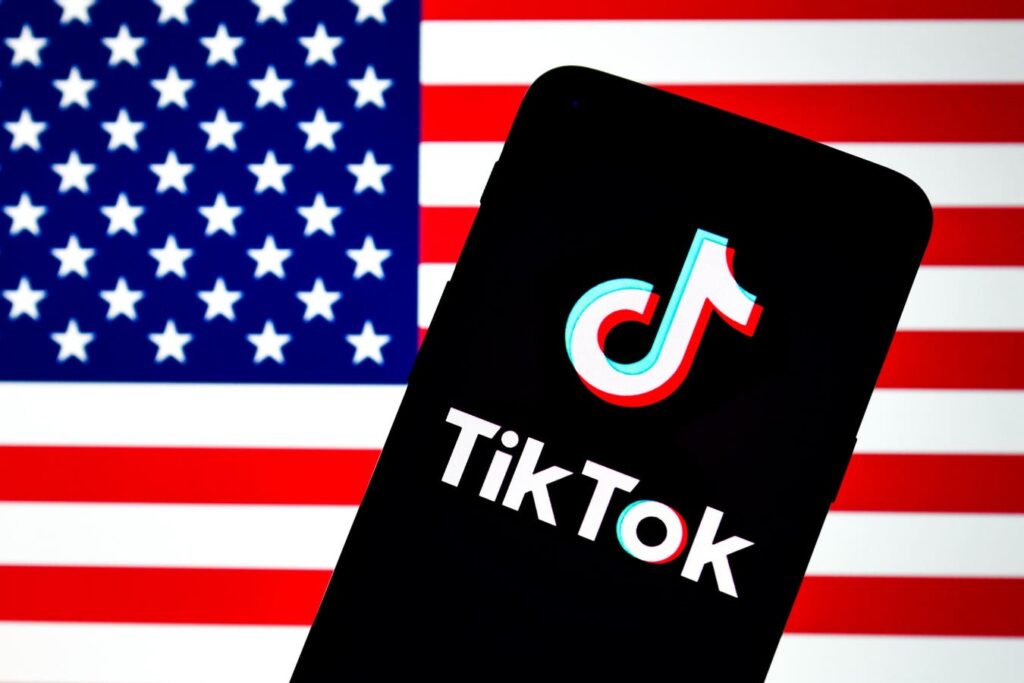
How to Prepare Ahead of a Potential TikTok Ban
As creators and brands set their strategies for 2025, a looming challenge has caught attention in the creator economy – a potential TikTok ban. President-elect Donald Trump has requested a delay in implementing legislation that would either ban TikTok or force its sale, stating he needs time after taking office to seek a “political resolution.” The Court will hear arguments in the case on January 10th. It’s crucial for creators and brands to prepare for this possibility to avoid unforeseen consequences.
Firstly, it is essential to review and update legal agreements. Any partnership or sponsorship agreement must include specific provisions addressing TikTok unavailability. This includes establishing backup platform requirements and defining clear compensation adjustments if deliverables cannot be posted on the original platform. For existing contracts, reviewing Force Majeure clauses becomes crucial. These provisions may determine how partnerships proceed if TikTok becomes unavailable. It is vital to proactively discuss contingency plans with partners rather than waiting for a crisis.
Moreover, it is necessary to secure brand protection by securing usernames on emerging platforms like Threads and Bluesky. For creators who have not yet protected their intellectual property, trademark registration should be a priority in early 2025. The protection of content is an immediate concern, as it requires swift action. Creators should download and archive all their TikTok content, ensuring they maintain access to their creative assets regardless of platform availability.
Furthermore, creating explicit plans for notifying the audience about alternative platforms is vital during platform transitions. This includes providing clear calls-to-action (CTAs) directing followers to other platforms and establishing backup communication channels.
In times of uncertainty, it is crucial to focus on monitoring reliable information sources such as official ByteDance communications, U.S. government press releases, and established legal news sources. It’s vital to avoid speculative social media commentary and clickbait when making informed business decisions.
Lastly, the TikTok ban serves as a wake-up call for creators to think about building more resilient business models. Forward-thinking creators should consider developing direct-to-consumer products, creating owned media such as email newsletters, establishing private communities, and developing platform-agnostic brand partnerships.
Source: www.forbes.com


